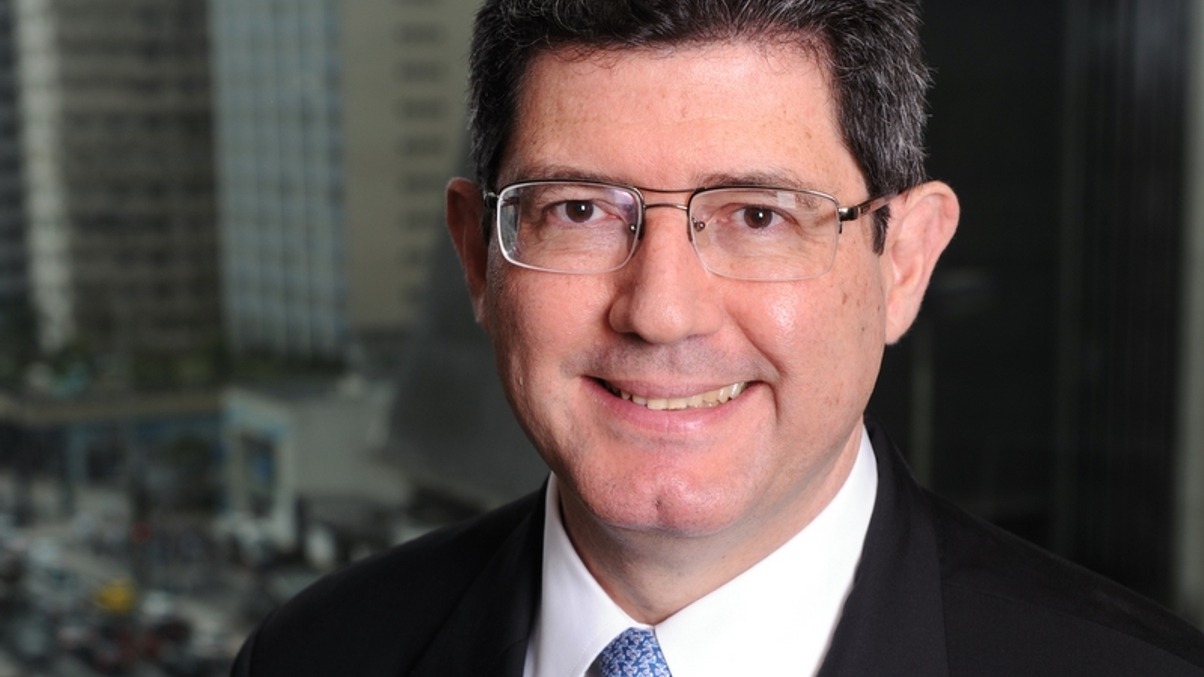Bradesco AM to expand in Asia beyond Japan
The Brazilian fund house plans to replicate its Japan distribution model elsewhere in the region and foresees demand for its long-only and private equity products.

São Paulo-based Bradesco Asset Management (Bram) plans to ramp up its Asia effort by putting a sales executive in place in Hong Kong and emphasising the attraction of Brazil's infrastructure sector.
Sign in to read on!
Registered users get 2 free articles in 30 days.
Subscribers have full unlimited access to AsianInvestor
Not signed up? New users get 2 free articles per month, plus a 7-day unlimited free trial.
¬ Haymarket Media Limited. All rights reserved.


